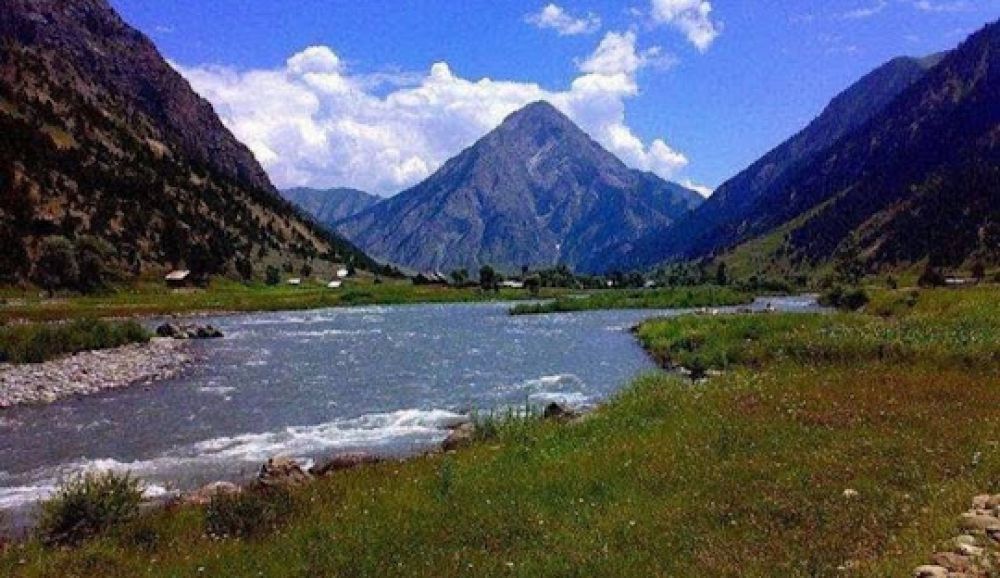

Located in the outskirts of Quetta, Balochistan, the Hazarganji Chiltan National Park is an epitome of the region's natural beauty and diversity. The park, whose name translates to "Of a thousand treasures," references the local folklore of hidden treasures beneath the rugged terrain. Established in 1980, Hazarganji Chiltan National Park has become a safe haven for an array of wildlife and a significant conservation site in Pakistan.
The area now known as Hazarganji Chiltan National Park was historically known for its rich flora and fauna. Local tribes have long inhabited the surrounding areas with many relying on the land for subsistence. Its official designation as a national park in the late 20th century marked a new era of environmental focus and biodiversity conservation.
The park is home to the Chiltan wild goat or Markhor, which has become a symbol of the region's commitment to wildlife protection. Over the years, efforts to protect and increase the population of these wild goats have been successful, setting a precedent for conservation initiatives in the region. Aside from Markhors, several other species including leopards, wolves, and various birds have been spotted within the park boundaries, making it a biodiversity hotspot.
Tourism in Hazarganji Chiltan National Park has developed with an emphasis on eco-tourism and sustainable practices. Visitor facilities including hiking trails, picnic spots, and lookout points have been established to provide guests with an immersive natural experience without causing significant disruption to the wildlife.
In recent years, there has been an uptick in domestic tourism as locals and people from other parts of Pakistan are beginning to explore the natural wonders of their country. There is a growing awareness of the park's scenic beauty as well as the importance of conservation efforts. Trekking, bird watching, and wildlife photography are among the popular activities for tourists visiting the park.
Hazarganji Chiltan National Park faces challenges such as illegal hunting and limited funding for maintenance and conservation. However, the park's management, along with various NGOs, have been working together to combat poaching and increase community engagement in the park's conservation. Educational programs and the involvement of local communities have been crucial in preserving this natural asset for future generations.
In conclusion, Hazarganji Chiltan National Park is not only a remarkable tourist destination in Quetta but also a living model for conservation and eco-tourism in Pakistan. As travel trends lean towards sustainable and responsible exploration, the park's significance as a source of natural beauty and biodiversity will likely continue to grow.